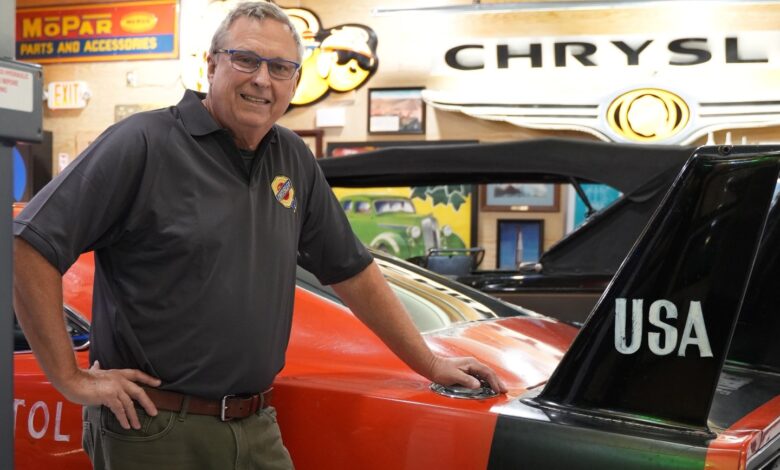
In a recent Fortune article by Frank B. Rhodes Jr., the great-grandson of Chrysler founder Walter P. Chrysler, he raises urgent concerns about the future of the Chrysler and Dodge brands under Stellantis’ management. Rhodes, an unofficial advocate for Chrysler, outlines key steps needed to save these iconic American automotive brands from decline, especially as Stellantis pushes them toward an all-electric future.
Challenges Facing Chrysler and Dodge –
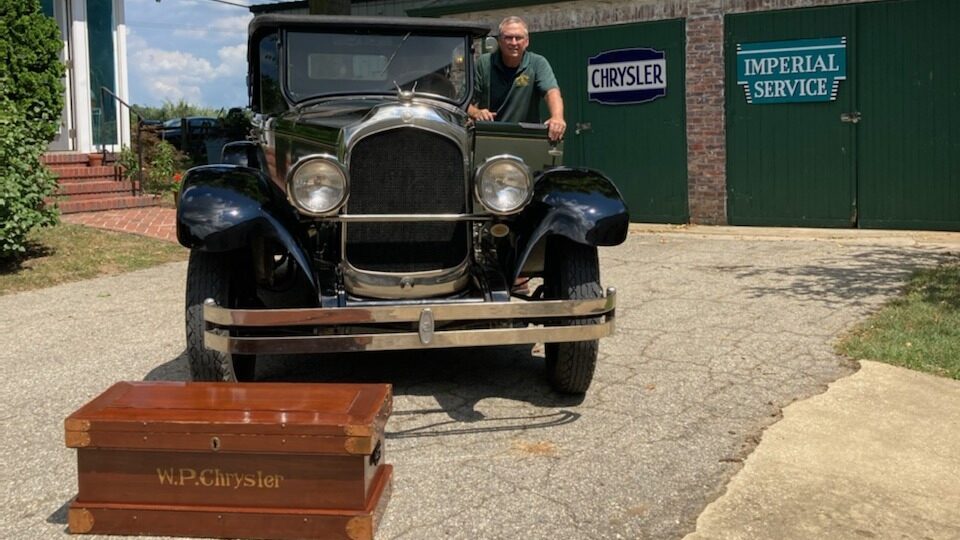
Rhodes highlights Stellantis’ heavy focus on electric vehicles (EVs) for both Chrysler and Dodge as a major concern. While Stellantis is committed to transforming its lineup to focus on clean mobility, Rhodes believes this push for full electrification is premature. He emphasizes that many other automakers are opting for hybrid electric vehicles (HEVs) to address slower growth in EV adoption due to high costs, limited charging infrastructure, and inconvenience. “Chrysler did release a plug-in hybrid electric vehicle (PHEV) version of the Pacifica minivan, but it seems steadfast in its pursuit of an all-electric future, a strategy that could spell doom for the brand,” says Rhodes.
According to Rhodes, the real problem lies in Chrysler’s stagnant lineup. The brand hasn’t launched a new vehicle since the 2017 Chrysler Pacifica, leaving it struggling to stay competitive. Promising concept vehicles like the Chrysler Airflow were shown but never brought to production, leading to missed opportunities. As Rhodes puts it, “Chrysler was once known as an innovator and an engineering powerhouse, but in the past two decades, it has become a company that follows trends rather than sets them.”
The Dodge Brand’s Dilemma –
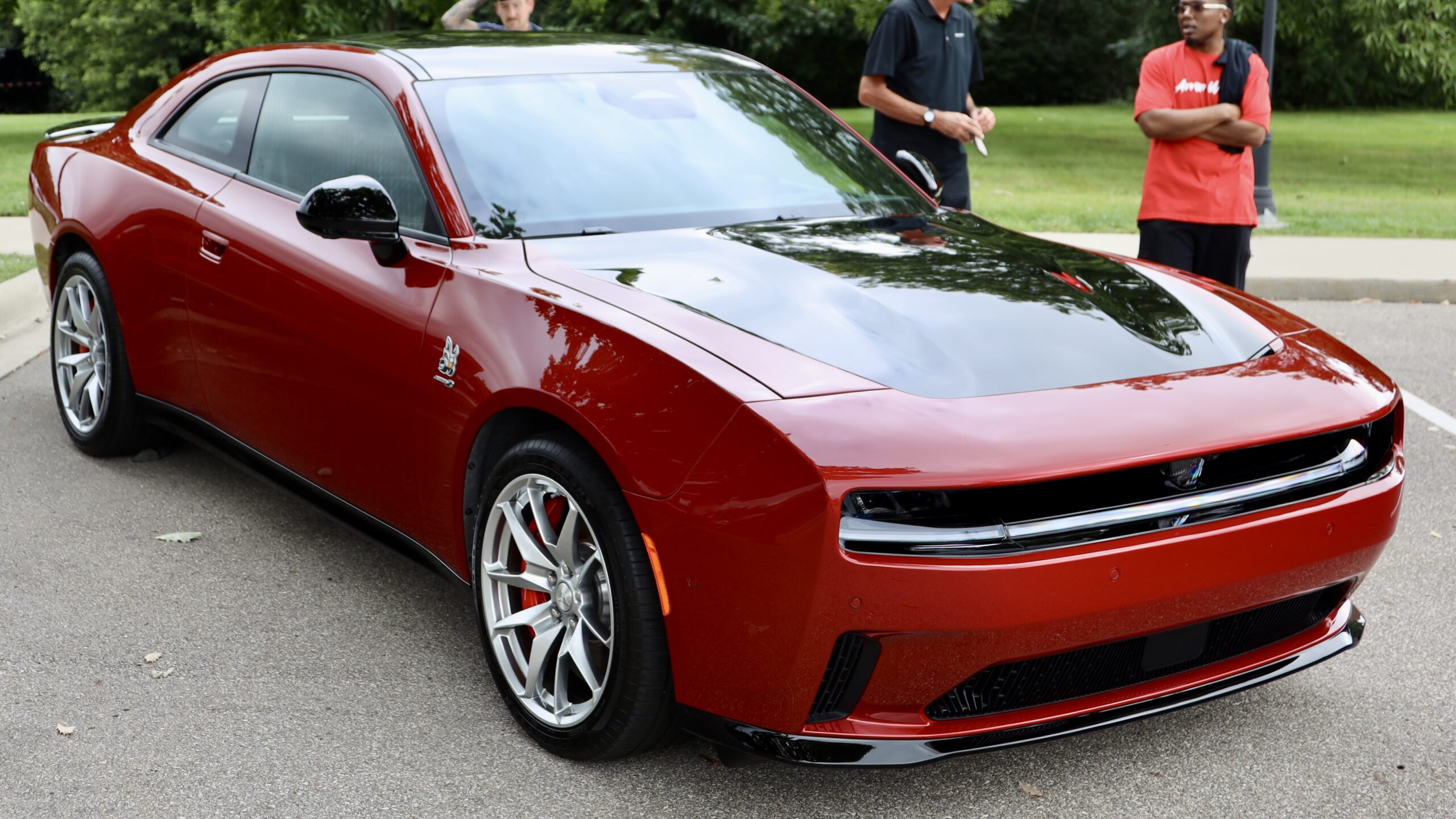
While Dodge has been somewhat more active than Chrysler, Rhodes still sees problems in Stellantis’ approach. The Dodge brand is offering both internal combustion engine (ICE) and electric versions of its new models, but Rhodes warns that pushing too quickly into electric could alienate its core customer base. “Dodge’s buyers have traditionally been enthusiasts of American muscle and performance… the push to transition too quickly risks alienating loyal customers,” Rhodes explains.
Dodge has built a strong identity around muscle cars and performance, but its reliance on electric models may not align with what many of its American fans want. Rhodes suggests that Dodge should diversify its lineup by offering smaller, more affordable performance vehicles with turbocharged engines. He also proposes building the Dodge Hornet in North America to lower costs and attract new buyers.
Criticism of Stellantis Leadership –
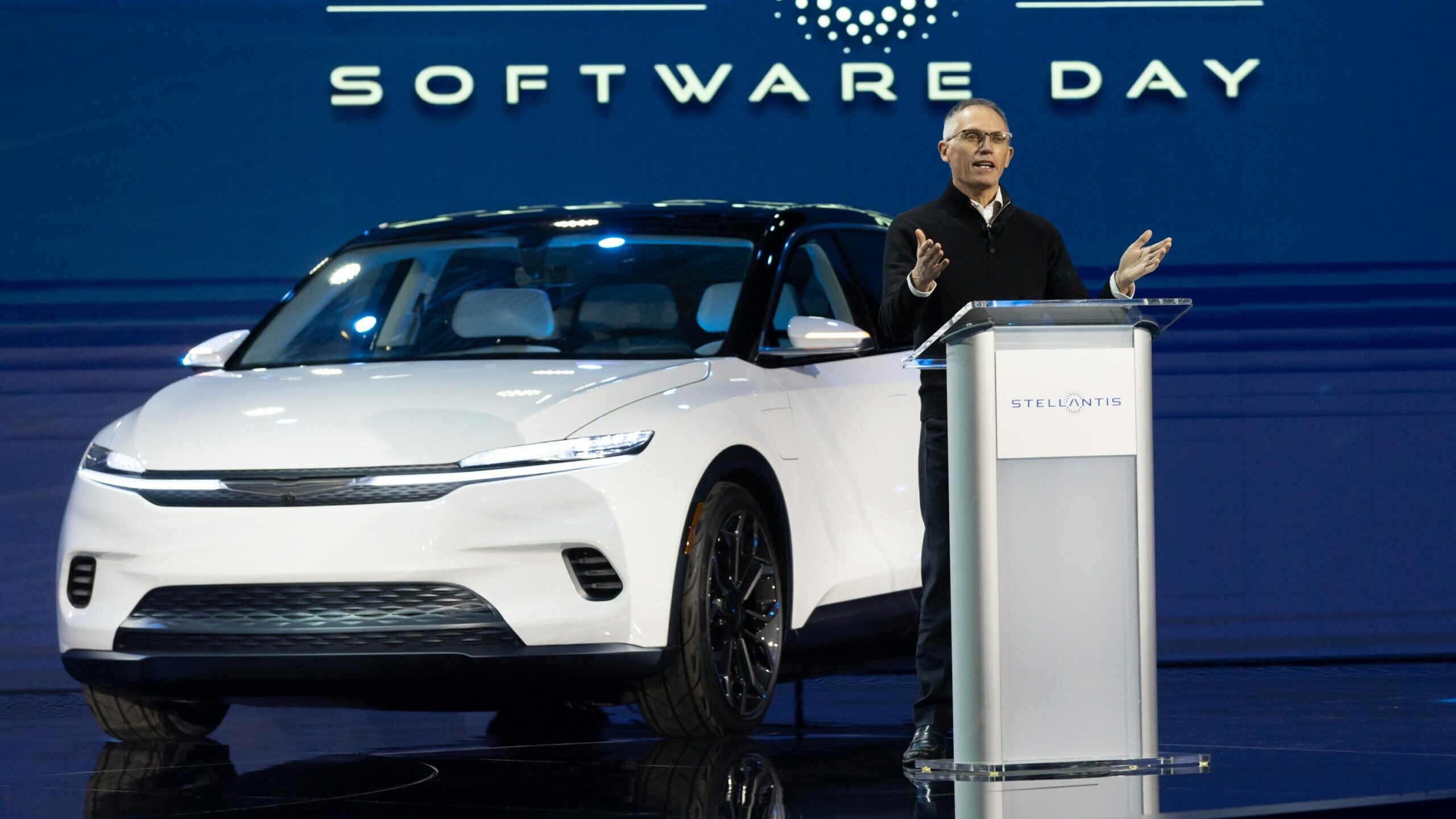
Rhodes also takes issue with Stellantis’ management and priorities, particularly CEO Carlos Tavares. He suggests that Stellantis is overly focused on cost-cutting and outsourcing, which has resulted in poor factory conditions, stagnant sales, and outdated products in dealerships. Rhodes notes that American buyers want vehicles designed and built in the U.S., but Stellantis’ reliance on outsourcing has hurt the quality and appeal of Chrysler and Dodge in their home market. “Stellantis continues to push overpriced products into a high-interest-rate market, with questionable build quality stemming from its outsourcing practices,” Rhodes criticizes.
The Path Forward for Chrysler and Dodge –
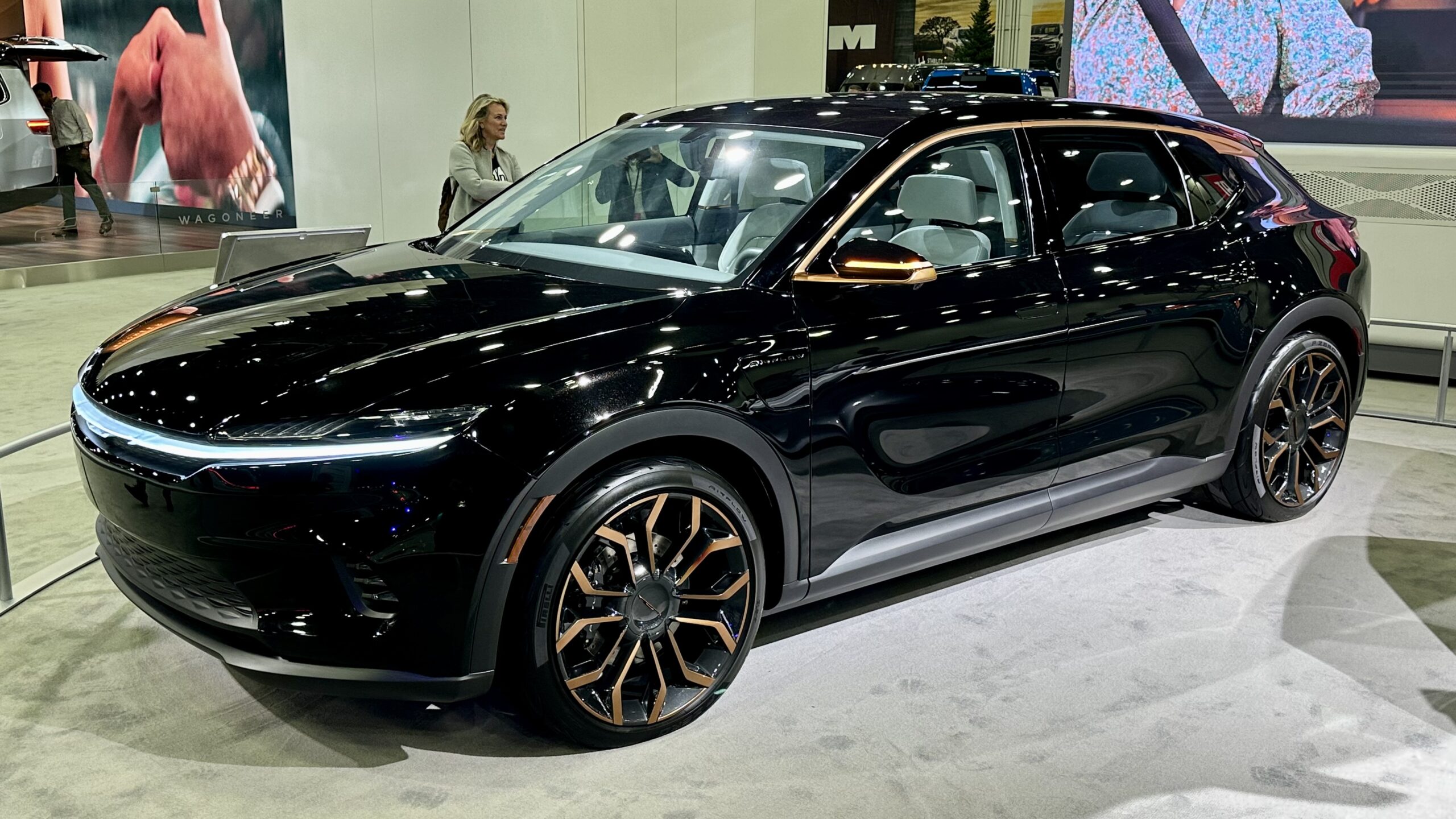
In Rhodes’ opinion, the brands need leadership that understands the American automotive market and the passion of car enthusiasts. He suggests that Tim Kuniskis, the recently retired CEO of Dodge and Ram, could be the ideal person to lead the revival of these brands—provided Stellantis gives him the freedom to operate without corporate constraints. “Stellantis needs leadership that understands the American automotive market from a car enthusiast’s perspective—someone who can build on the legacy of Chrysler and Dodge and develop vehicles that speak to what customers here really want,” Rhodes states.
Rhodes’ article shines a light on the growing frustration among American fans of Chrysler and Dodge. Despite Stellantis’ insistence that all 14 of its brands have a decade to succeed, Rhodes and many loyal customers are concerned that without immediate action, Chrysler and Dodge may lose their place in the American automotive landscape.
Source: Fortune
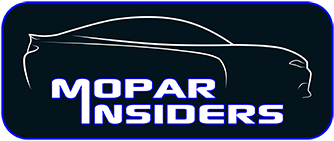
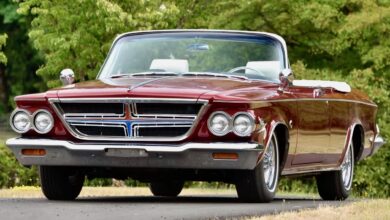
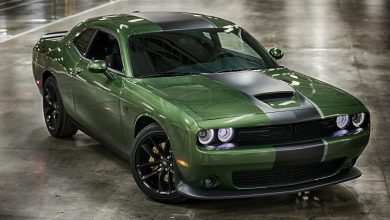


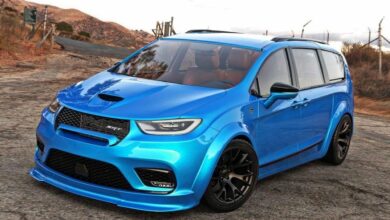
71 replies
Loading new replies...
Join the full discussion at the Mopar Insiders Forum →